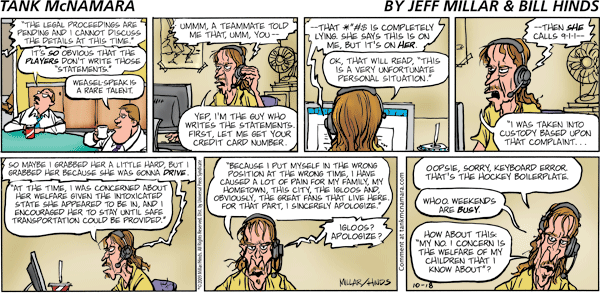Stanford Linguistics in the Nooz
Not the news, the nooz.
Joshua Walker (Stanford '05) points me to this wonderful story in the Onion of October 21:
Report: 65% Of All Wildlife Now Used As
Homosexual Subculture SignifierPALO ALTO, CA—A study released Tuesday by the Stanford University Department of Linguistics revealed that nearly two-thirds of all animal species have been adopted to describe various gay subcultures. "Many know that bears are large hairy gay men, and that otters are homosexuals who are smaller in stature but still hirsute," said Professor Arvid Sabin, lead author of the study, which also clarifies such denotations as wolf, panda bear, dragonfly, starfish, trout, and yeti. "But do they know, for instance, that 'chicken' is used to describe a thin, inexperienced 18- to 29-year-old gay male? Before long, we could see homosexuals referring to one another as pelicans or even Gila monsters." The study concluded that if immediate conservation measures are not taken, all animal species will be exhausted by 2015 and the gay community will have to start dipping into the plant kingdom.
As it happens, I have two gay male friends who are pandas. They're both Canadian, but I don't think that's significant.
I myself am both a penguin and a wool(l)y mammoth.
Related Language Log posting here.
